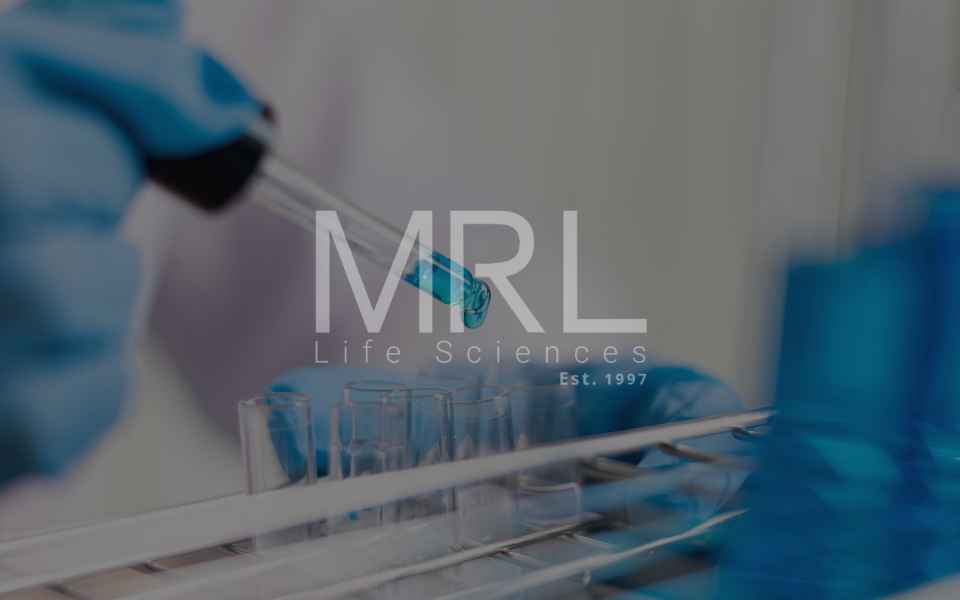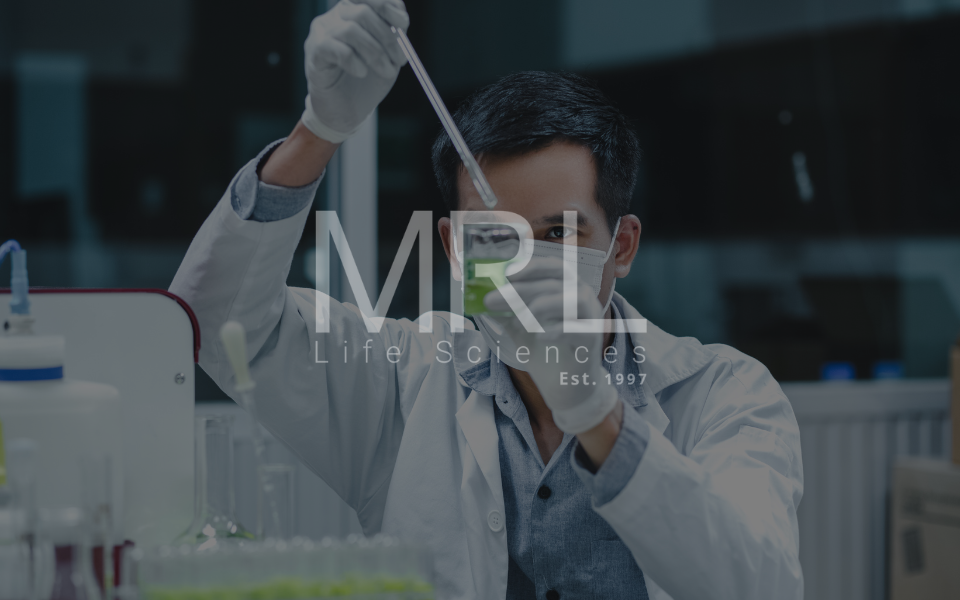The Evolving Role of Medical Affairs in a Digital-First Healthcare Landscape
13 Feb, 20255 minsMedical Affairs is currently in a state of rapid evolution. With technological advancements ...

Medical Affairs is currently in a state of rapid evolution. With technological advancements powering data-driven decision-making and enabling an increasing focus on patient-centred care, medical affairs teams have needed to adjust in order to ensure compliance with scientific and regulatory standards within their sector.
How Medical Affairs is Adapting to the New Digital-First Healthcare Landscape
Leveraging digital tools
Digital tools, such as artificial intelligence (AI) and advanced data analytics, have enhanced the way that medical affairs teams are able to handle datasets. Whether the real-time monitoring of clinical trials, analysing patient outcomes, or identifying trends in disease progression and treatment response. This, combined with the integration of electronic health records (EHRs) with other digital tools, is enabling greater insights and more precise, personalised patient care. The outcomes of which can be shared with other healthcare providers, informing better treatment decisions for all.
Enhanced communication
While the enhanced communication that technology brings has been beneficial for the healthcare industry, supporting virtual conferences, webinars, and online forums, and providing easy access to educational resources, it has also raised some issues for medical affairs. Telemedicine has been applauded for enhancing patient access. However, ensuring that medical information and patient privacy are properly protected has not been a simple matter. And compliance to wider healthcare guidelines remains a point of focus.
Personalised medicine
With personalised medicine becoming an accessible reality, the onus is on medical affairs to stay on top of the latest genetic, biomarker, and therapeutic developments. This involves closely monitoring and engaging in discussions about targeted therapies and the evolving landscape of rare diseases or complex conditions. Medical affairs teams must also now interact more directly with patient advocacy groups and use digital platforms to understand patient needs better.
Outcomes measurement
With the focus on value-based care, medical affairs departments are working closely with multiple parties to assess the health outcomes of therapies and demonstrate their cost-effectiveness. Digital tools are proving invaluable in this area. Not only working with health economics and outcomes research (HEOR) models. But gathering and analysing real-world evidence (RWE) to inform product development.
Regulatory and compliance considerations
As the healthcare sector becomes more reliant on digital data and tools, the more pressing the need becomes to ensure regulatory compliance. Medical affairs departments are adapting by incorporating digital compliance management systems that ensure proper handling of sensitive health data.
Decision-making
Decision-making in healthcare must be data-driven. Digital technologies are being used to capture data and facilitate decentralised medical trials. Consequently, medical affairs teams are becoming more involved in designing trials that leverage these technologies to speed up the development timeline while ensuring high-quality data.
Technology is driving innovation within healthcare. But in order for it to reach its full potential, medical affairs teams have to play their part. Maintaining compliance. Enhancing patient care. And ensuring that the digital-first healthcare ecosystem remains patient-focused, safe, and fit for purpose. As we move forward, it’s clear that medical affairs will play an even more critical role in the future of healthcare.
There has never been greater demand for medical affairs professionals. Plan your next Life Sciences career move with MRL.





